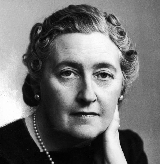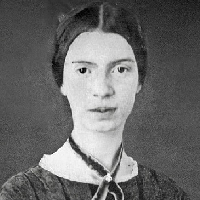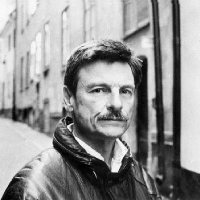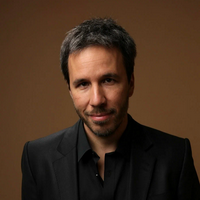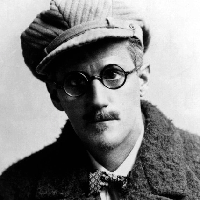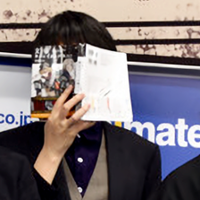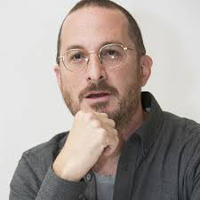Krzysztof Kieślowski typ osobowości MBTI
Osobowość
"Jaki typ osobowości jest {profilename}? {profilename} jest typem osobowości {mbti} w mbti, {enneagram} - {iv} - {tritype} w enneagram, {big5} w Big 5, {sociionics} in Socionics."
I'd say that his artistic preoccupations, the fact that he put his effort into conveying unifying messages was ultimately in the service of himself trying to define a purpose in life, that was the mobile. Yes, the focus was towards collective values, society, relationships established between humans and he shows plenty of that but this whole process was driven by his desire to integrate everything into one dominant idea, everything links somehow, every little thing happening in his movies is attributed a high meaning. You may also see the obsession for unifying in some of the movies but i'm not giving out further spoilers. His devoted embrace of christianity fueled some of his storylines in a very Ni way, in this regard he reminds of the works of Tarkovsky and even Dostoievsky.
Biografia
Krzysztof Kieślowski (Polish pronunciation: [ˈkʂɨʂtɔf kʲɛɕˈlɔfskʲi] 27 June 1941 – 13 March 1996) was a Polish film director and screenwriter. He is known internationally for Dekalog (1989), The Double Life of Veronique (1991), and the Three Colors trilogy (1993–1994). Kieślowski received numerous awards during his career, including the Cannes Film Festival Jury Prize (1988), FIPRESCI Prize (1988, 1991), and Prize of the Ecumenical Jury (1991); the Venice Film Festival FIPRESCI Prize (1989), Golden Lion (1993), and OCIC Award (1993); and the Berlin International Film Festival Silver Bear (1994). In 1995, he received Academy Award nominations for Best Director and Best Writing. In 2002, Kieślowski was listed at number two on the British Film Institute's Sight & Sound list of the top ten film directors of "modern times".
Osobowość correlate
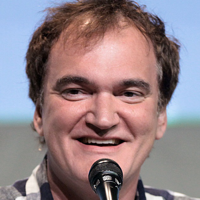
Quentin Tarantino

Hayao Miyazaki
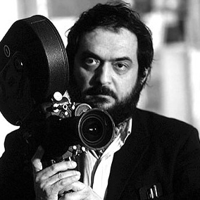
Stanley Kubrick
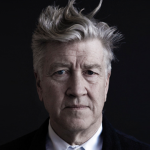
David Lynch
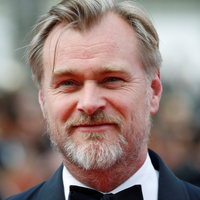
Christopher Nolan
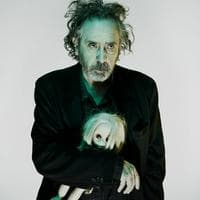
Tim Burton
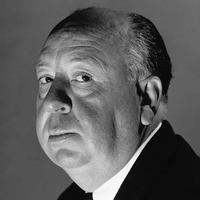
Alfred Hitchcock
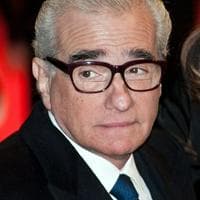
Martin Scorsese

